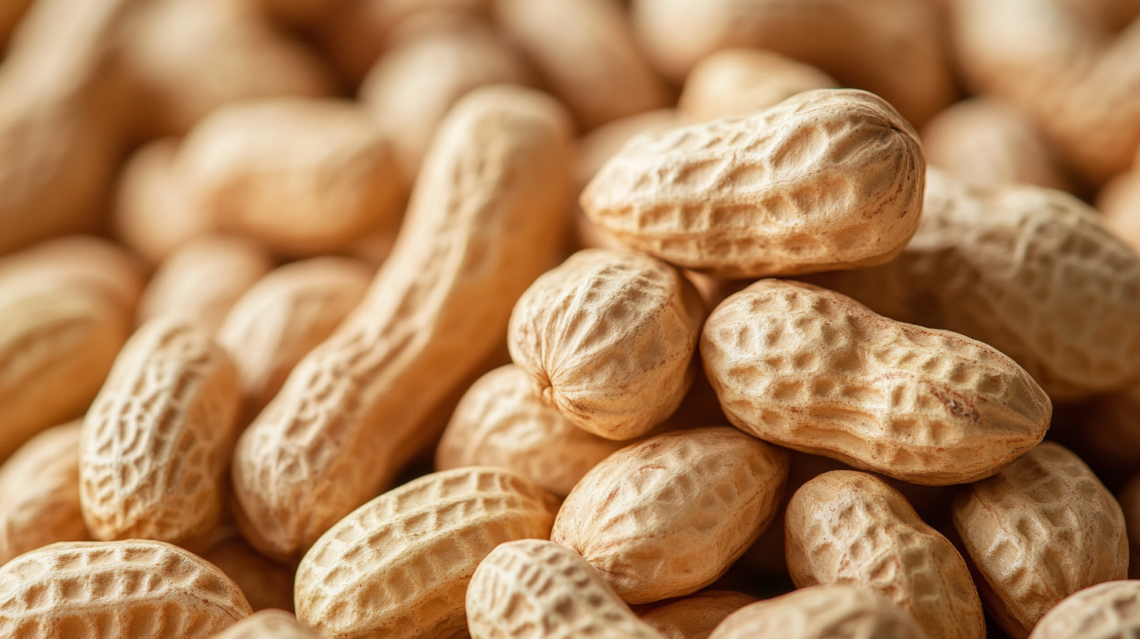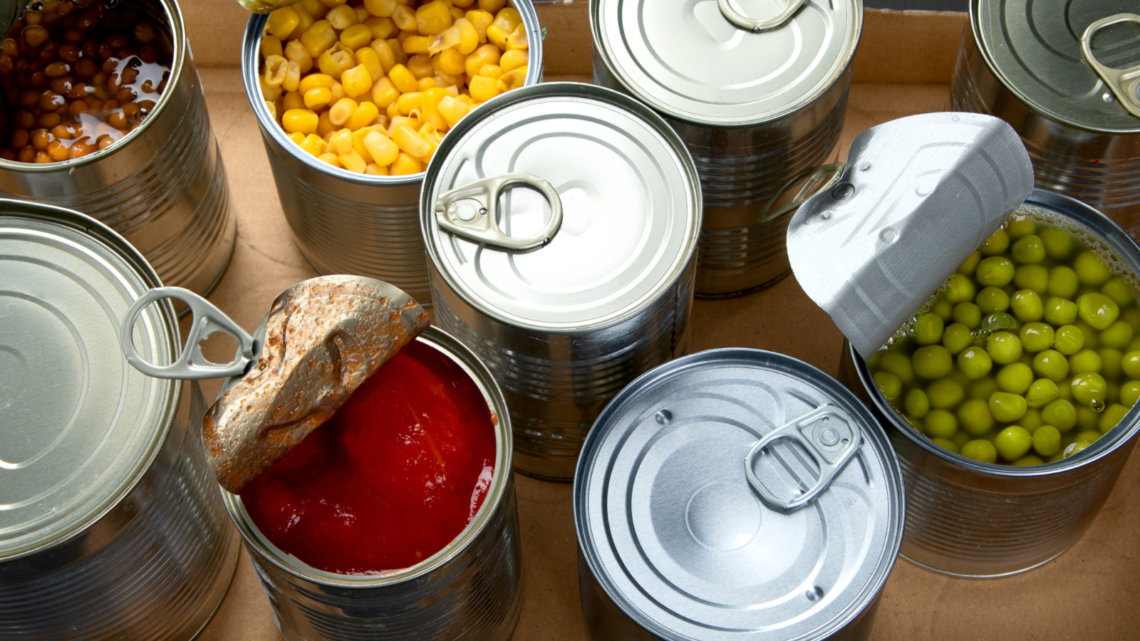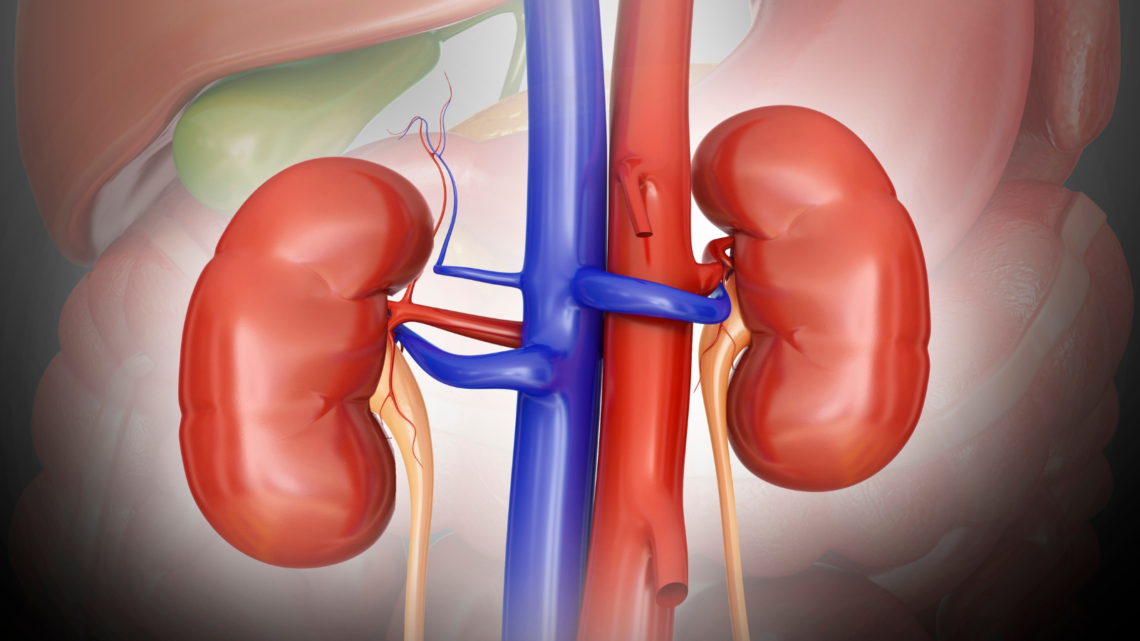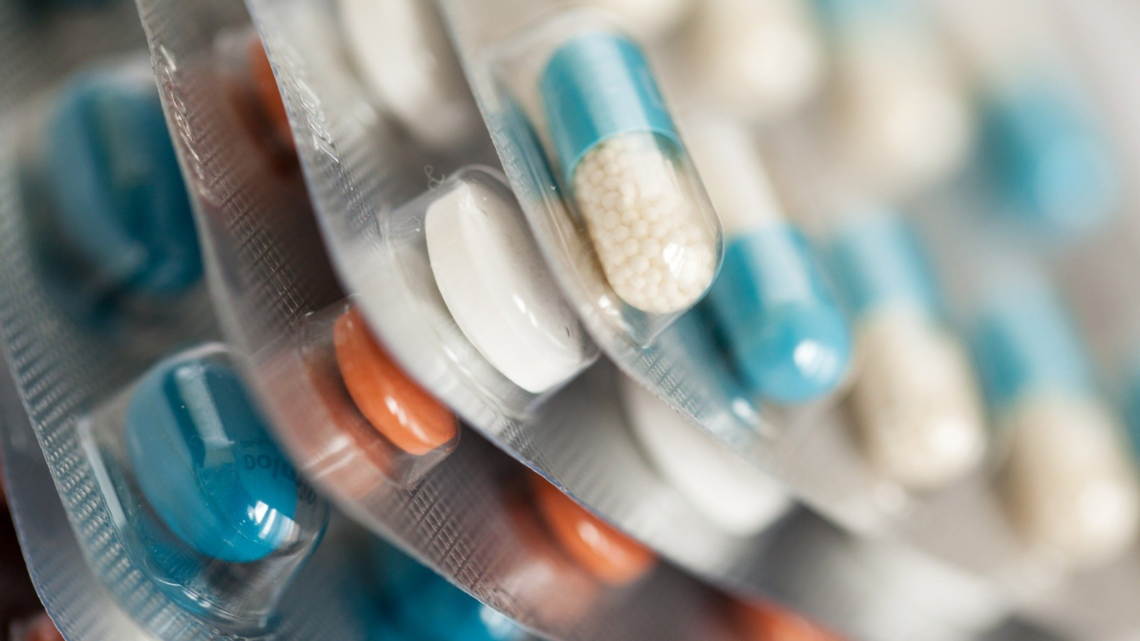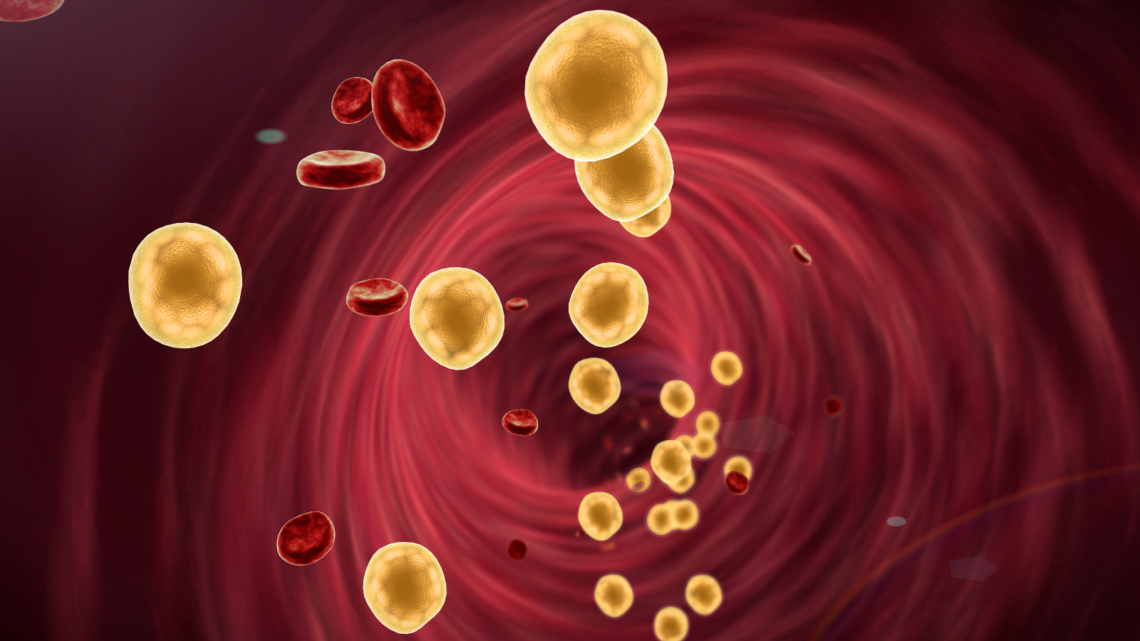-
Peanut-Free Classrooms
As a physician, I am often approached by parents seeking guidance on how to ensure their children’s safety and well-being in the classroom environment. In this comprehensive article, we will delve into the complexities of food allergies, with a particular focus on peanut allergies, and explore the measures that can be taken to create a safe and inclusive learning environment for all students. Peanut allergies are increasingly prevalent, emerging as one of the most common food allergies among children in Canada and around the world. The ubiquity of peanuts and peanut-containing products in our daily lives, coupled with the potential severity of allergic reactions, has led to heightened awareness and…
-
Back-to-School Health Tips
Back-to-school is a time that can be as thrilling as it is nerve-wracking, particularly when one considers the broad spectrum of health concerns that accompany this pivotal period in the academic calendar, whether one’s child is stepping into a classroom for the very first time, navigating the often tumultuous waters of adolescence, or embarking on the independent journey of higher education. The importance of fostering and maintaining good health practices cannot be overstated, as these habits are not only crucial for academic success, but also for the overall well-being of students, ensuring they are equipped to handle the physical, emotional, and mental challenges that inevitably arise throughout the school year.…
-
International Overdose Awareness Day 2024
Every year on August 31, communities around the world come together to observe International Overdose Awareness Day (IOAD), the largest annual campaign dedicated to ending overdose, remembering those who have lost their lives to this epidemic without stigma, and acknowledging the profound grief experienced by the family and friends left behind. The theme for IOAD 2024, “Together we can,” underscores the tremendous power of community when everyone stands united in the face of this ongoing public health crisis. The opioid overdose epidemic has had a devastating impact in Canada, with a staggering 5,975 lives lost in 2023 alone. Tragically, around 30 percent of these deaths occurred among individuals aged 30…
-
Jumpstarting Your Weight Loss Journey
When it comes to weight loss, some of the most common questions patients will ask are: “Where do I begin?” “Should I exercise more?” “If so, what type of exercise?” “Should I eat less?” “If so, what types of foods should I avoid?” In this article you will find answers to all of those questions and more to help get you off to the right start in your weight loss journey. Food is one of the biggest culprits when it comes to gaining weight. As a result, it’s not uncommon for Canadians to try different types of diets to shed excess pounds. Many of the diets promoted in magazines and…
-
Ear Infections
Ear infections are a type of bacterial infection that are most common in children, though they can also affect adults. There are two common types of ear infections, including otitis media (AOM) and otitis externa – also known as swimmer’s ear. It’s also possible to develop otitis media with effusion. Otitis Media When you develop an infection of the middle ear (located just behind the eardrum), this is known as otitis media. It is caused by fluid being trapped behind the eardrum, causing it to swell. Among the most common symptoms associated with otitis media include earache, feeling as though your ears are plugged/full, hearing difficulty, and you may also…
-
Food Preservatives: Friend or Foe?
When it comes to diet, many of the foods we consume contain preservatives; and sometimes those preservatives are consumed unknowingly as we don’t always tend to think twice about reading food labels to find out what, exactly, we’re putting into our bodies. If you do read food labels and can’t pronounce half of the list of ingredients, chances are it likely contains preservatives and isn’t something that you should be eating in the first place – snack foods such as cookies and crackers are a prime example. Preservatives are a type of additive used in certain foods to prolong their shelf-life and prevent them from going bad – i.e. going…
-
Kidney Disease
The number of Canadians living with kidney disease has been steadily increasing over the years. Currently, an estimated 1 in every 10 Canadians have kidney disease, while it affects as many as 850 million people worldwide. The kidneys are responsible for filtering excess water and waste from your blood and converting it to urine. They’re also responsible for balancing salt and minerals in your body, including calcium, sodium, potassium, and phosphorus, in addition to creating red blood cells, controlling blood pressure, and strengthening bones. However, when you have kidney disease, this means that your kidneys cannot properly filter blood in the way it should be. Over time, this can lead…
-
Preventing Antibiotic Resistance
Antibiotics are used to treat different types of bacterial infections. If your doctor has prescribed you an antibiotic, then it’s important that you take it and follow the dosing instructions provided to you. If you fail to take the antibiotic, miss a dose, or do not take it exactly as directed, chances are your infection will remain, worsen, or require you to be on antibiotics for an extended period of time until you’re able to get rid of the infection. Common types of bacterial infections that antibiotics are used to treat include strep throat, ear infections, sinus infections, pneumonia, urinary tract infections, and skin infections. They work by preventing bacteria…
-
Understanding Cholesterol: LDL vs. HDL
Cholesterol is made by your liver and is a type of fat that is found in your blood. We also get cholesterol from some of the foods we eat, such as high-fat foods, which can lead to health problems – something we’ll talk about more. As we age, it’s important to have your cholesterol levels checked regularly – though trying to interpret what your cholesterol numbers mean can sometimes be confusing, which is why it’s important to know about terms like LDL and HDL, as well as which foods are good and which are bad when it comes to ensuring your cholesterol levels are where they need to be at…
-
Melatonin
Made by the pea-sized pineal gland, melatonin is a type of natural hormone (often referred to as the “sleep hormone”) that helps regulate your circadian rhythm and tells your body when it’s time to go to sleep and when to wake up. While many people don’t have any issue getting to sleep at night, there are other individuals who might have a hard time falling or staying asleep, which is also commonly referred to as insomnia – and if you happen to be one of those people, then your body may need additional melatonin, which can be obtained through taking a melatonin supplement. Aside from treating insomnia, melatonin has also…
